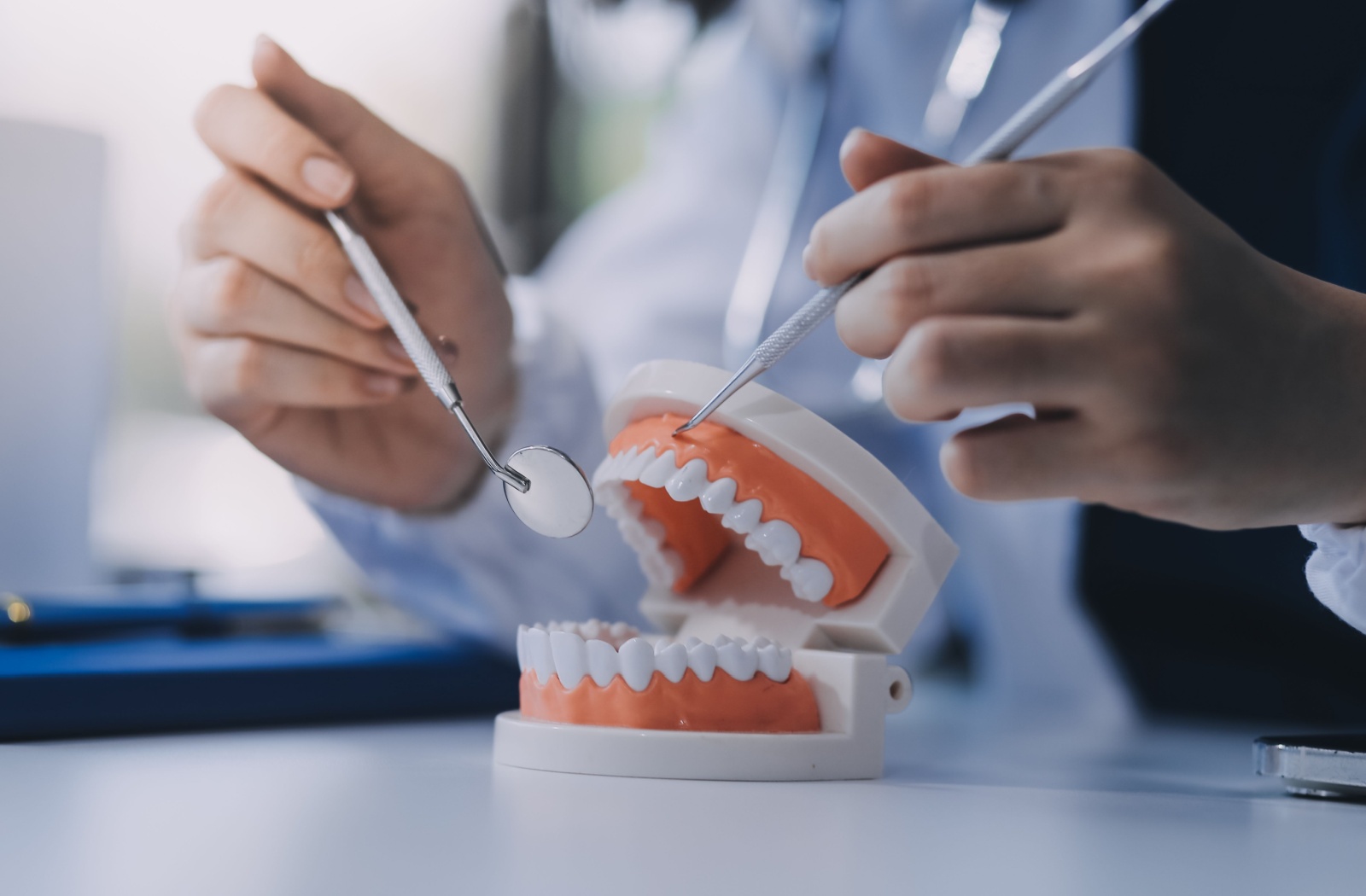Prosthodontics is a specialized field of dentistry focused on the restoration and replacement of missing or damaged teeth, improving both function and aesthetics for patients. A prosthodontist is a dental professional who undergoes advanced training in this area, equipping them with the skills and knowledge to design, create, and fit various dental prostheses, such as crowns, bridges, dentures, and implants. With a keen understanding of oral health and facial anatomy, prosthodontists play a crucial role in enhancing the quality of life for individuals facing issues related to tooth loss or congenital defects.
The importance of prosthodontists extends beyond mere aesthetics; they help restore essential functions such as chewing and speaking, while also contributing to the overall health of the oral cavity. By utilizing modern techniques and materials, prosthodontists can offer personalized solutions tailored to the unique needs of each patient. This article delves into the practice of prosthodontics, exploring the various treatments offered, the training required to become a prosthodontist, and the significant impact these specialists have on their patients’ lives.
Treatment Options in Prosthodontics
Prosthodontics encompasses a wide array of treatment options tailored to restore oral functionality and aesthetics. Common procedures include dental crowns, which protect damaged teeth, and bridges that replace one or more missing teeth by anchoring to adjacent natural teeth. For those requiring a more comprehensive solution, dentures and dental implants serve as effective alternatives for complete tooth loss. The advancements in digital technology and materials have revolutionized the field, allowing prosthodontists to create highly precise and customized prostheses. At the Leading prosthodontist office Tampa, patients can find a variety of treatment options designed to meet their specific needs, ensuring a comfortable and functional outcome.

The Journey to Becoming a Prosthodontist
To become a prosthodontist, one must undertake rigorous education and training. After completing a dental degree, aspiring prosthodontists typically pursue additional years of specialized training in an accredited residency program. This advanced education focuses on the science and art of prosthetic dentistry, honing skills in restorative techniques, treatment planning, and patient management. Continuing education is vital, as ongoing advancements in dental materials and technology necessitate that prosthodontists remain current with the latest practices. The dedication and expertise of these professionals not only enhance their patients’ smiles but also significantly improve their quality of life.
In conclusion, the role of a prosthodontist is indispensable in the realm of dental health, seamlessly merging artistry and science to restore not only the form and function of teeth but also the confidence of individuals facing aesthetic and functional challenges. By providing tailored treatment solutions, from crowns to implants, prosthodontists ensure that patients can enjoy a renewed sense of well-being and improved oral health. Their extensive training and commitment to lifelong learning enable them to stay at the forefront of technological advancements, allowing for more effective and comfortable outcomes. Ultimately, prosthodontists are more than dental specialists; they are integral partners in their patients’ journeys toward achieving optimal oral health and enhancing their quality of life.

